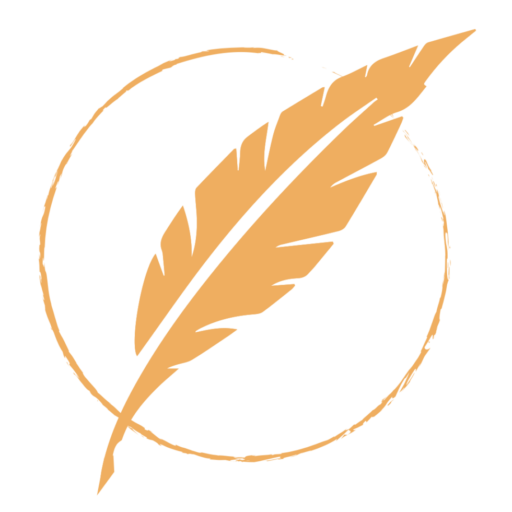You do not have to be good.
You do not have to walk on your knees
For a hundred miles through the desert, repenting.
You only have to let the soft animal of your body
love what it loves.
Tell me about despair, yours, and I will tell you mine.
Meanwhile the world goes on.
Meanwhile the sun and the clear pebbles of the rain
are moving across the landscapes,
over the prairies and the deep trees,
the mountains and the rivers.
Meanwhile the wild geese, high in the clean blue air,
are heading home again.
Whoever you are, no matter how lonely,
the world offers itself to your imagination,
calls to you like the wild geese, harsh and exciting —
over and over announcing your place
in the family of things.
-Mary Oliver
Commentary
“Wild Geese” hangs on the wall of my therapy office, and more than once, a client has wept at the first five lines.
Mary Oliver confessed in this interview with Krista Tippet that she wrote this poem as an exercise in end-stopped lines – lines that end with a period. She wanted to show a friend how this kind of construction, as opposed to enjambment (which carries the sentence from line to line), feels definite and assertive.
It’s that definitive stance that gets us, isn’t it? We long for someone to tell us that we can stop trying so hard and just be who we are, and here is that very permission. End-stopped lines carry an authority; invoke a kind of trust in the reader that the poet knows whereof she speaks.
Just as political leaders making bold statements spark loyalty in their followers despite sometimes disagreeing with them, end-stopped lines can inspire the reader, even if the reader disagrees with the statement. There’s a feeling of standing straighter or sitting on the edge of our seat. Our minds, even our souls are alerted: Something real is being said here.
And what is being said in this case is that we are all the same. We all try so hard in our various ways, feel elation and despair, get caught in the vagaries of life, engage in self-flagellation, and do it all again.
Then we hear the call, “harsh and exciting.” We wake up, even if only for a moment, to the truth that we are not alone. We shed our humanness and become animal again, or starlight, or space. We see – really see – the rain moving over the landscape. We forget our individuality and merge with the sunlight. We witness the circular nature of life in seasonal change and recognize that we, too, are cyclical in nature. We recognize that we are pieces of a unified whole – a part of the family of things.
The call reminds us we are heading home. We don’t get home by trying or repenting or being good. We get home by remembering who we really are.
Jill Bolte Taylor, the brain scientist who had a left-hemisphere stroke and spent eight years living from the right side of the brain says that the right brain holds this knowledge for us. Our ego lives in the left frontal lobe, and we humans feel comfortable operating from that place much of the time – walking on our knees for miles in the desert. Our left emotional brains warn us of danger and remind us of grudges and traumas and holds onto despair, but our right brain lets all of that go in favor of seeking that connection to all-that-is and resting in the knowledge that we are one with everything.
Deb Dana notes that along with “triggers” that activate our protective system, there are also “glimmers” that activate our sense of wonder, delight, and open-heartedness. Oliver is pointing out some glimmers with her imagery, and the poem itself has become a glimmer, helping us take a deep, cleansing breath, connecting with the beauty of the world.
We do let go. Sometimes it happens by accident. Sometimes, the sound of water on rocks transports us. Sometimes, we might have to trudge through the desert and despair to finally surrender. And sometimes, we read a poem that tells us the truth, so plainly, that it overrides our thinking, doubting brain. We remember who we are. We remember why we’re here. We remember what we love.
Get the Sunday Poem
Sign up for the newsletter to receive a mystical poem every Sunday.





